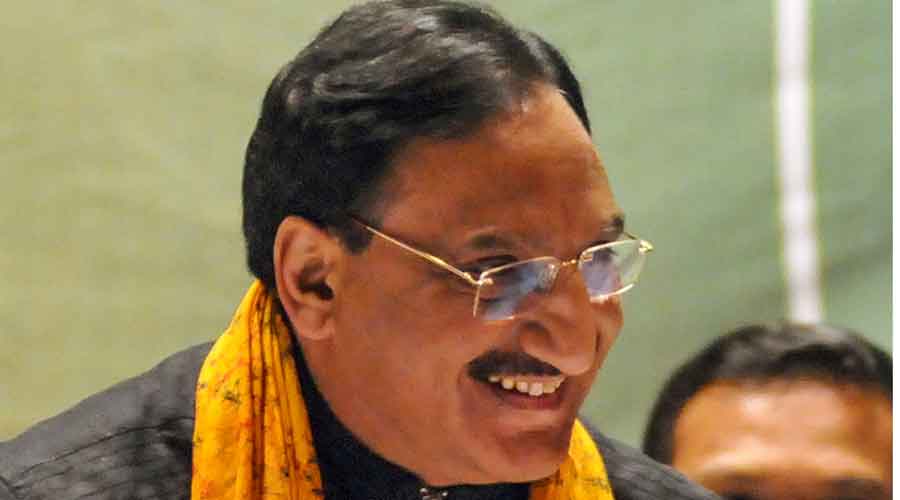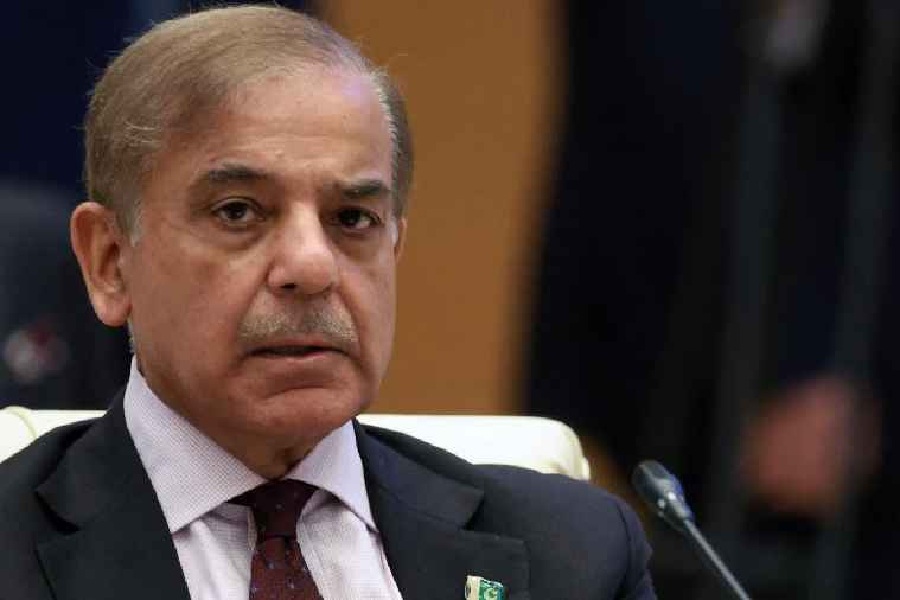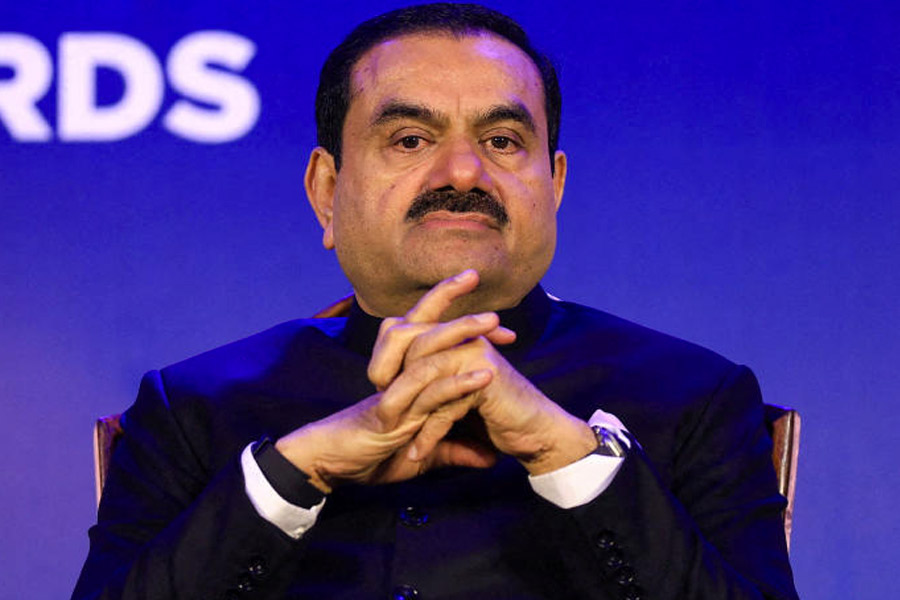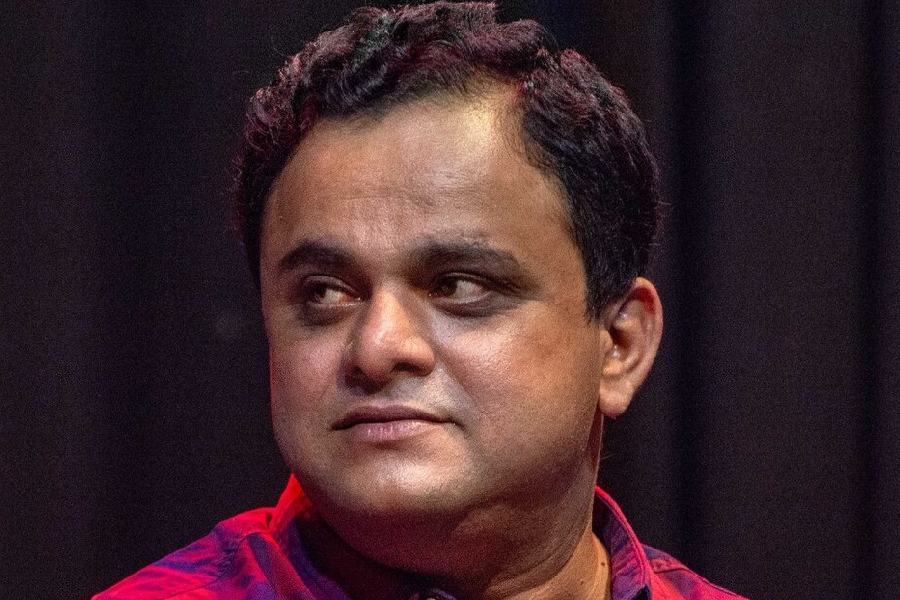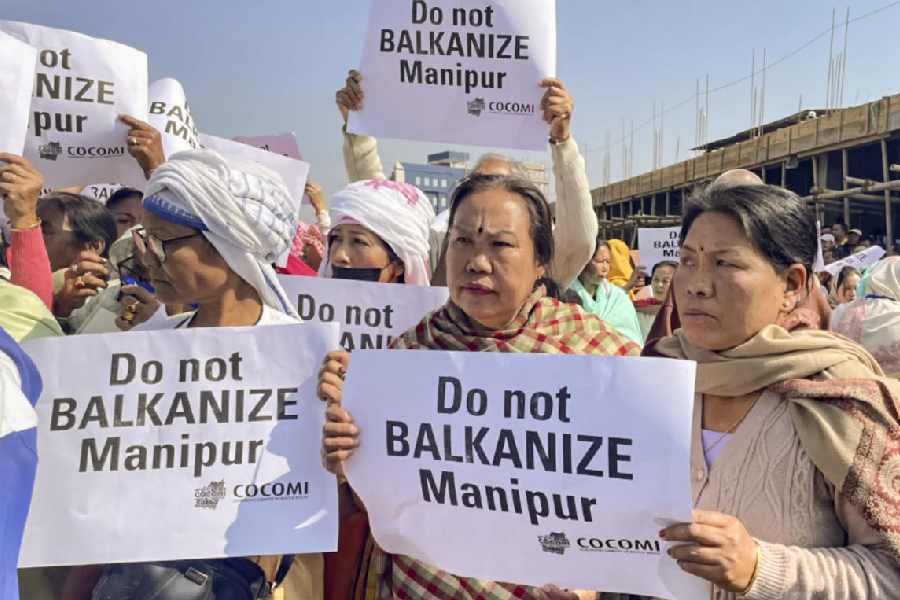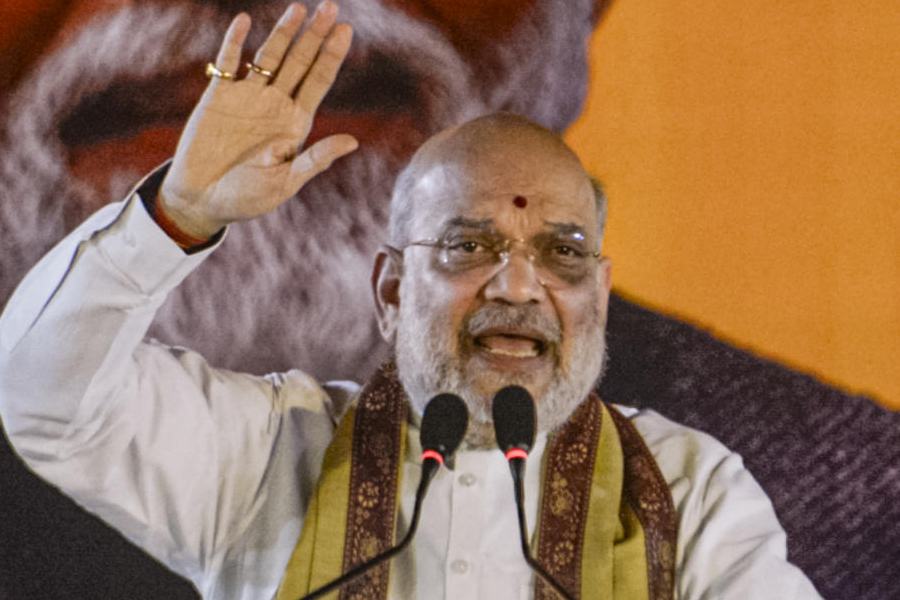Union Minister Ramesh Pokhriyal 'Nishank' on Friday said the new National Education Policy will form the basis of ensuring equality and quality in the sector and rubbished allegations of "saffronisation" of education.
The new policy, which was approved by the Union Cabinet last year, replaced the 34-year-old National Policy on Education framed in 1986.
"There is no such thing as saffronisation of education. Those who are alleging this, do not have a correct definition of saffronisation. Yes, we are respecting our mother tongue but are countries like Israel and Japan which offer education in their language, behind others?" Education Minister Pokhriyal said in response to a question at the India Economic Conclave.
Teaching up to class 5 in mother tongue or regional language, lowering the stakes of board exams, a single regulator for higher education institutions except for law and medical colleges, and common entrance tests for universities are part of the new National Education Policy (NEP).
"English is not knowledge, it is just a language. Today when Germany has over 14 universities teaching Sanskrit, no one asks them anything, when we do the same, there are allegations of saffronisation," the minister said.
"No language is being imposed on anyone. We have brought an excellent new education policy which will ensure equality, quality and access in the education sector," Pokhriyal said.
Among the salient features of the new NEP also are replacing the 10+2 structure of school curricula with a 5+3+3+4 structure corresponding to age groups 3-8, 8-11, 11-14 and 14-18 years respectively, scrapping of M.Phil programmes and implementing common norms for private and public higher education institutions.
The policy is aimed at paving the way for transformational reforms in school and higher education systems to make India a global knowledge superpower.

